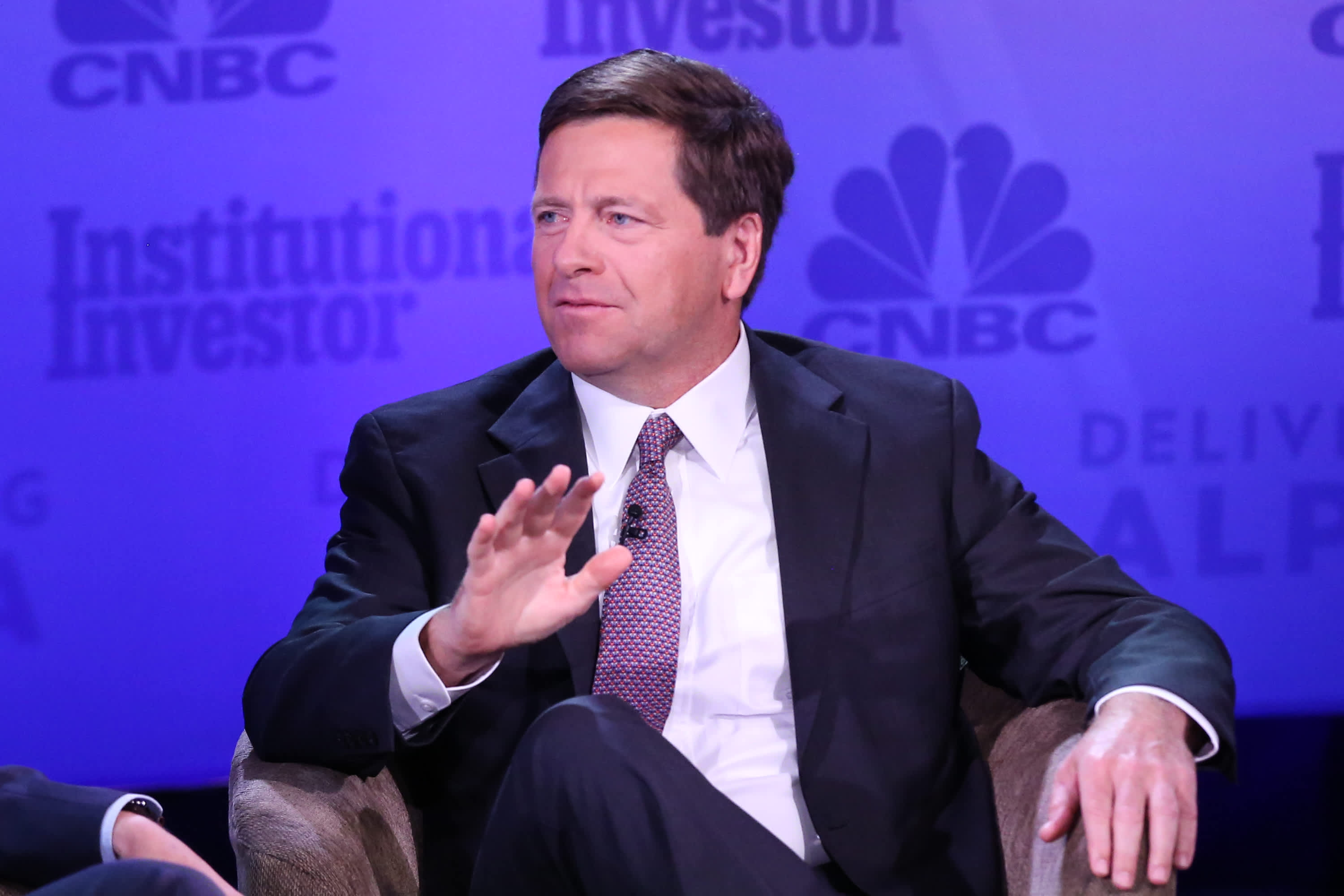Jay Clayton, chairman of the Securities and Exchange Commission, warned Wednesday about the risks of tapping 401(k) retirement money and using it for riskier investments during the coronavirus pandemic.
As part of the CARES Act, Congress approved a change to let people withdraw up to $100,000 from their 401(k) or IRA accounts this year without having to pay the typical 10% penalty for people under the age of 59½. The move was designed to help people weather the economic impacts of the Covid-19 crisis, an intention Clayton told CNBC he “very much” supports.
“What I don’t support is people doing something like that, not to bridge a gap or a difficulty, but to maybe change to a different investment strategy that isn’t in their long-term interests,” Clayton said on “Squawk on the Street.”
People who take advantage of the penalty-free withdrawal will still have to pay taxes on the money, but those taxes can be paid over a three-year period.
“What I’m saying to the financial community is, ‘Look, people need to make those withdrawals to get over a difficult time, we should help them with that. But we shouldn’t use that lack of a penalty to put them into investments that aren’t appropriate for them,'” Clayton added.
More from Personal Finance:
Trump administration wants to replace $600 unemployment benefit
12 million people are at risk of not getting their stimulus check
The stock market can’t sit still. Why you should
Clayton’s agency regulates securities in the U.S., seeking to maintain market functioning and protect investors, according to its website.
The coronavirus outbreak has had dramatic economic consequences, putting millions of Americans out of work on top of its severe health impacts. But the pandemic also has served as an opportunity for new people, particularly younger people, to start investing in stocks.
Clayton said investing is a great way to build the financial stability that is so critical during times of economic duress such as the Covid-19 crisis. But he said new retail investors should also understand the risks associated with equity markets.
“Our favorite kind of retail investor is your long-term retail investor who builds their wealth over time through investing. There is risk in being a short-term, market-timing participant, and it does make me nervous,” he said. “People are perfectly able to do it. We let them do it. But just remember, there is risk in short-term market movements.”
